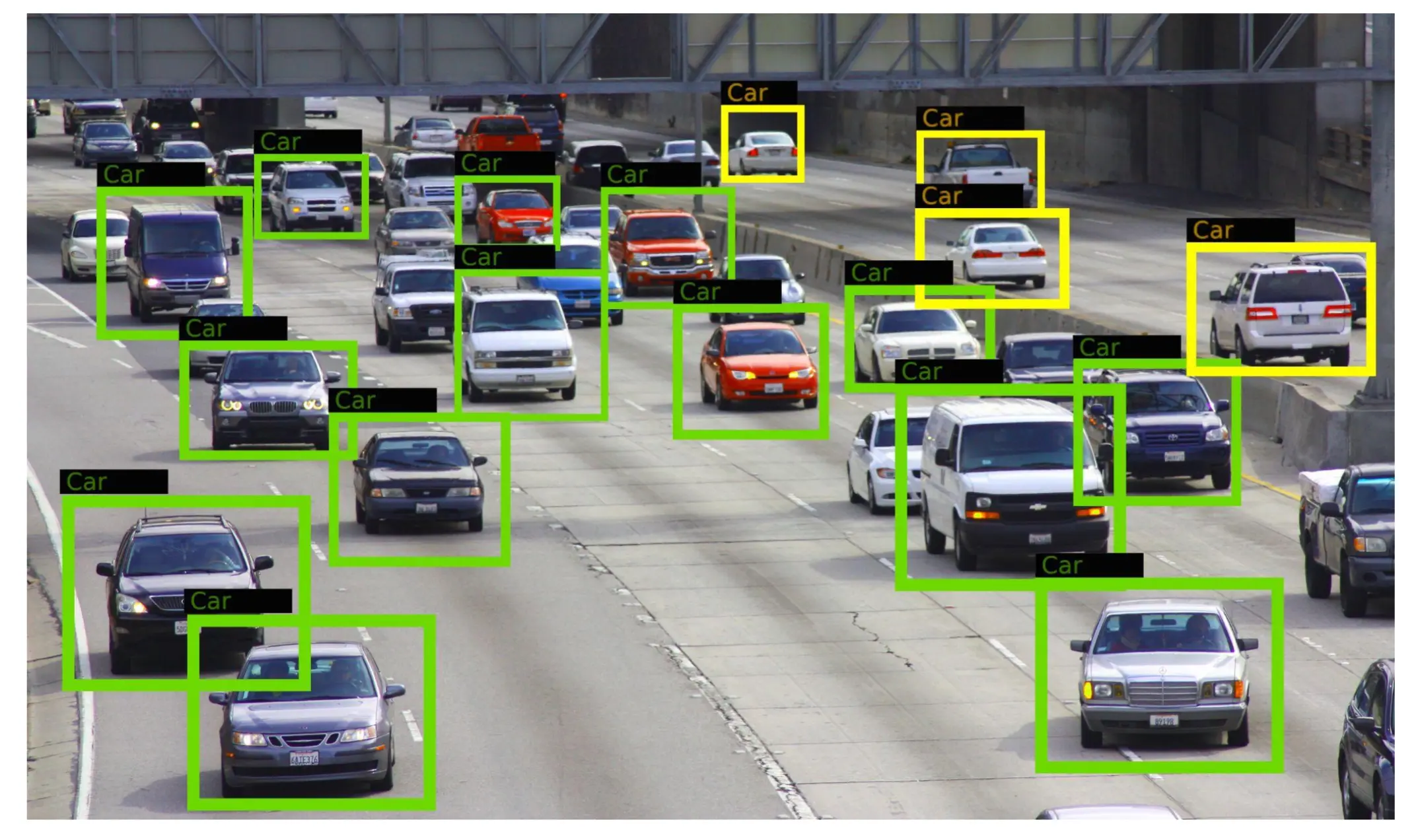- Publication: MIT
- Publication Date: March 2, 2023
- Organizations mentioned: MIT, Emergent Ventures, George and Obie Shultz Fund, National Science Foundation, AEA RCT Registry
- Publication Authors: Shakked Noy, Whitney Zhang
- Technical background required: Medium
- Estimated read time (original text): 30 minutes
- Sentiment score: 65%, somewhat positive (100% being most positive)
TLDR
This report, authored by Shakked Noy and Whitney Zhang from MIT, explores the impact of ChatGPT, a generative AI, on mid-level professional writing tasks. The study was motivated by the transformative potential of AI in altering task structures, skill demands, and productivity in professional settings.
Methodology
- The study involved 444 college-educated professionals, randomly assigning half to use ChatGPT for writing tasks.
- Productivity was measured in terms of time taken and output quality, with evaluations done by professionals in the same field.
- Additional focus areas included the effects on task structure, skill demand, job satisfaction, and beliefs about automation.
Key findings
- ChatGPT significantly reduced time taken for tasks by 37% and improved output quality.
- It notably decreased productivity inequality, benefiting lower-ability workers more.
- The use of ChatGPT mostly substituted for human effort in tasks, with less evidence of enhancing human skills.
- Tasks evolved towards more idea-generation and editing, moving away from initial drafting.
- Exposure to ChatGPT increased job satisfaction and altered perceptions about automation.
- In a follow-up, 33% of participants in the treatment group continued using ChatGPT in their jobs.
Recommendations
- Embrace AI tools like ChatGPT in professional settings to enhance productivity and reduce time on routine tasks.
- Leverage AI to assist lower-ability workers, potentially reducing productivity gaps.
- Recognize the changing nature of tasks and skills demand in the AI era, with a shift towards idea generation and editing.
- Foster a balanced view of AI’s role in the workplace, acknowledging both its potential and limitations.
- Encourage ongoing adaptation and learning about AI technologies among professionals.
Thinking Critically
Implications
- Workplace Transformation: Widespread adoption of AI tools like ChatGPT could lead to a significant transformation in workplace structures and skill sets. There might be an increased demand for creative and analytical skills, while routine writing tasks become automated.
- Economic Impact: If organizations universally embrace AI for professional writing, there could be a substantial increase in overall productivity, potentially boosting economic growth. Conversely, not adopting such technologies could widen the productivity gap between AI-adopting and non-adopting firms.
- Societal Shift: The increased use of AI in professional settings could influence education and training, emphasizing skills that complement AI, such as critical thinking and creativity, over traditional writing skills.
Alternative Perspectives
- Methodological Limitations: The study’s reliance on self-reported data and its focus on a specific professional setting may limit the generalizability of the findings. Different industries or types of writing tasks might yield different outcomes.
- Potential Overreliance on AI: There’s a risk that heavy dependence on AI tools like ChatGPT could lead to a degradation of human writing skills and critical thinking abilities.
- Ethical and Privacy Concerns: The report doesn’t address potential ethical and privacy implications of using AI in professional settings, which could be significant.
AI Predictions
- Enhanced AI Integration: In the next few years, AI tools like ChatGPT are likely to become more deeply integrated into various professional writing tasks, with enhanced features tailored to specific industries.
- Shift in Job Roles: The role of professionals is likely to evolve, with a greater focus on tasks that AI cannot perform effectively, such as high-level strategy and human-centric services.
- Educational Shift: There might be a shift in educational curricula to focus more on AI literacy and complementary skills, preparing future professionals for an AI-augmented workplace.
Glossary
- Productivity Inequality Reduction: A concept that ChatGPT helps in reducing the gap in productivity levels among different ability groups of workers.
- Task Structure Evolution: The idea that the introduction of AI like ChatGPT changes the nature of professional tasks, shifting focus towards idea generation and editing.
- AI-Enhanced Job Satisfaction: A term indicating that exposure to AI tools like ChatGPT can lead to increased job satisfaction among professionals.
Members also get access to our comprehensive database of AI tools and fundraising
MIT
Experimental Evidence on the Productivity Effects of Generative Artificial Intelligence

 Join hosts Anthony, Shane, and Francesca for essential insights on AI's impact on jobs, careers, and business. Stay ahead of the curve – listen now!
Join hosts Anthony, Shane, and Francesca for essential insights on AI's impact on jobs, careers, and business. Stay ahead of the curve – listen now!


